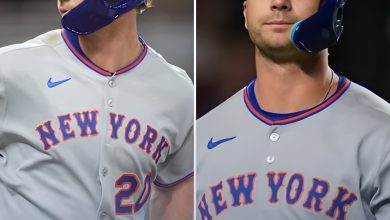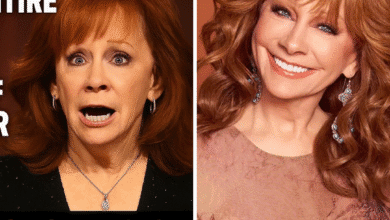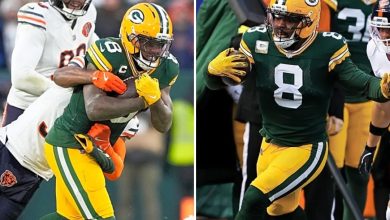The Mets’ deadline moves overlooked key issues with Mullins and Helsley, sparking questions about their strategy. DD
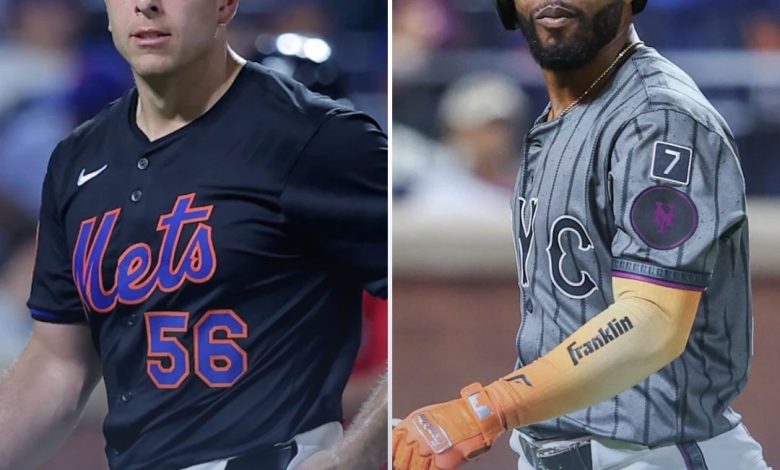
The Mets took a risk when acquiring both Cedric Mullins and Ryan Helsley at the trade deadline last summer.
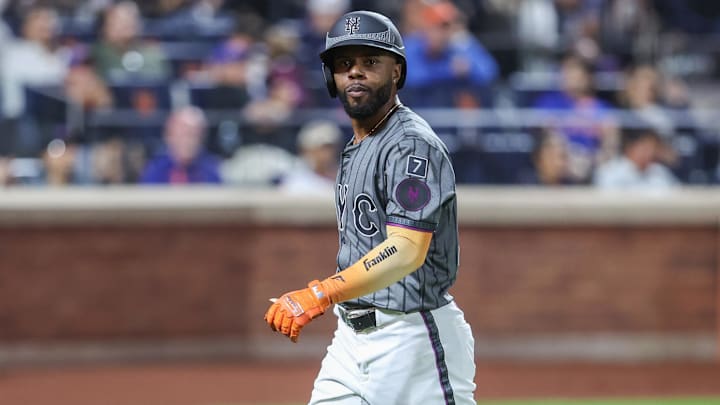
Two of the biggest moves the New York Mets made at the trade deadline last summer ultimately back fired in Cedric Mullins and Ryan Helsley.
According to league sources, there were concerns over Mullins’ center field defense, which has deteriorated over the past two seasons and he voiced his reticence to the idea of moving to a corner.
There was hope he would be more open to the idea, but ultimately it fell flat. And given Tyrone Taylor (hamstring) wasn’t healthy until the last 10 days of the season, it never became a major issue.
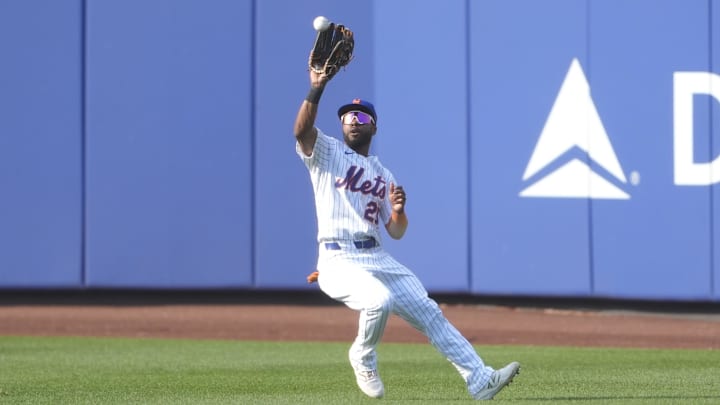
Mullins, who was acquired to play center field, struggled immensely after joining the Mets at the deadline. In 42 games in Queens, Mullins slashed just .182/.284/.281 with a .565 OPS, two home runs and 10 RBI.
The Mets traded a trio of right-handed pitchers for Mullins in: Raimon Gómez, Anthony Nunez and Chandler Marsh.
Sources also say that there were worries about Helsley being able to transition from his closer role with the St. Louis Cardinals to a setup man gig on a contender. Helsley being routine oriented and rarely ever going more than one inning was a noted concern internally on a team that he would not be closing for, but the belief was that he would be a lockdown 8th inning option.
Helsley was brought in to create a two-headed monster in the Mets’ bullpen as the eighth inning man to elite closer Edwin Diaz. However, this acquisition proved to be a disaster as Helsley posted a 7.20 ERA, 5.19 FIP, 1.80 WHIP and 5.0 walks per nine innings in 22 appearances.
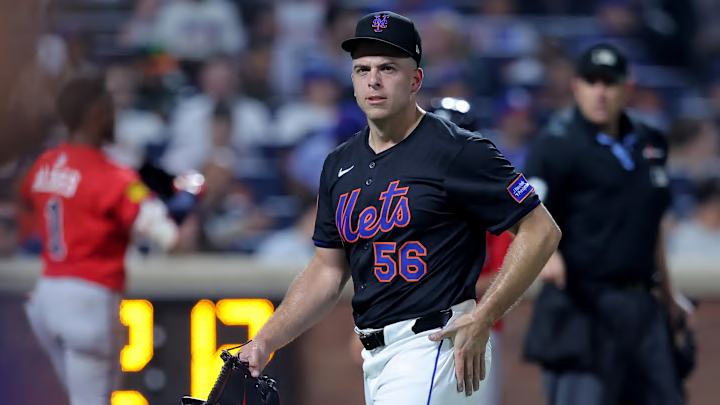
The Mets traded three prospects to land Helsley in infielder Jesus Baez (Mets’ No. 8 prospect), right-hander Nate Dohm (Mets’ No. 14) and righty Frank Elissalt.
Although Helsley claimed that it didn’t matter to him that he was no longer closing games upon arriving to the Mets, it’s clear that the change in role hindered him. He also didn’t appear to be comfortable playing in New York after leaving St. Louis, where he spent his whole career and won the 2024 NL Reliever of the Year Award.
The Mets’ lack of foresight on their deadline acquisitions’ inability to be flexible ultimately led to their failure down the stretch of the season.
The good news for the Mets is that both Helsley and Mullins are now free agents. Despite these moves not working out in New York, the silver lining is that these two acquisitions were rental pieces.
There were separate concerns around baseball about Helsley and Mullins that the Mets decided to overlook in order to try to improve their ballclub late in the year.
Helsley and Mullins were brought in to help with the Mets’ playoff push, but New York ultimately missed out on the postseason by one game. It’s certainly possible that with better deadline results that the Mets could’ve been playing baseball in October.
The Mets have Taylor under club control and top prospect Carson Benge set to compete for the center field job in spring training. The team has some heavy lifting to do in building out their bullpen, which starts with trying to retain closer Edwin Diaz in free agency.

